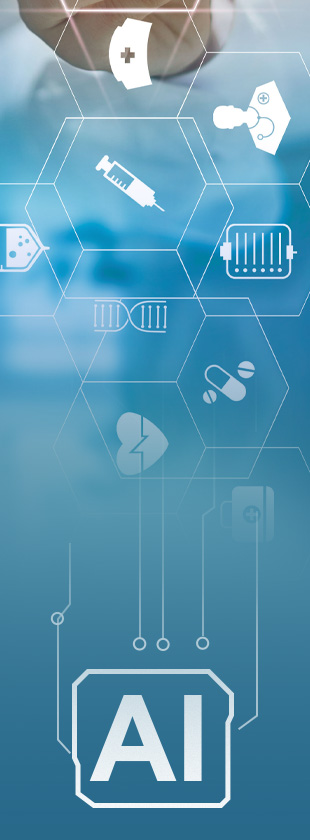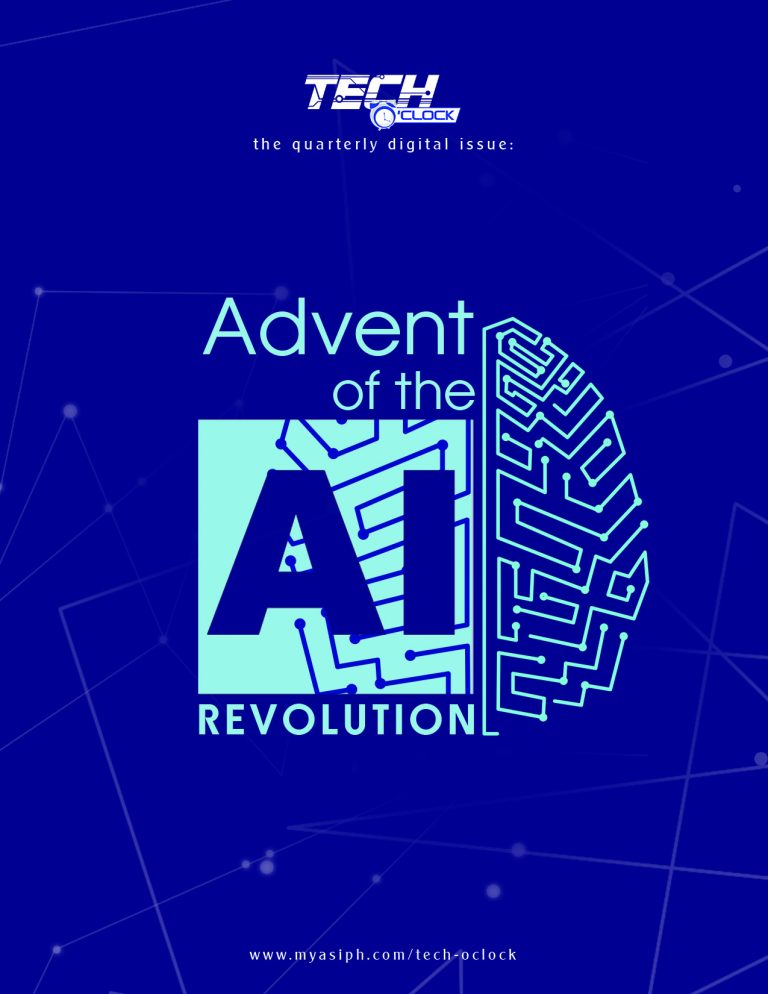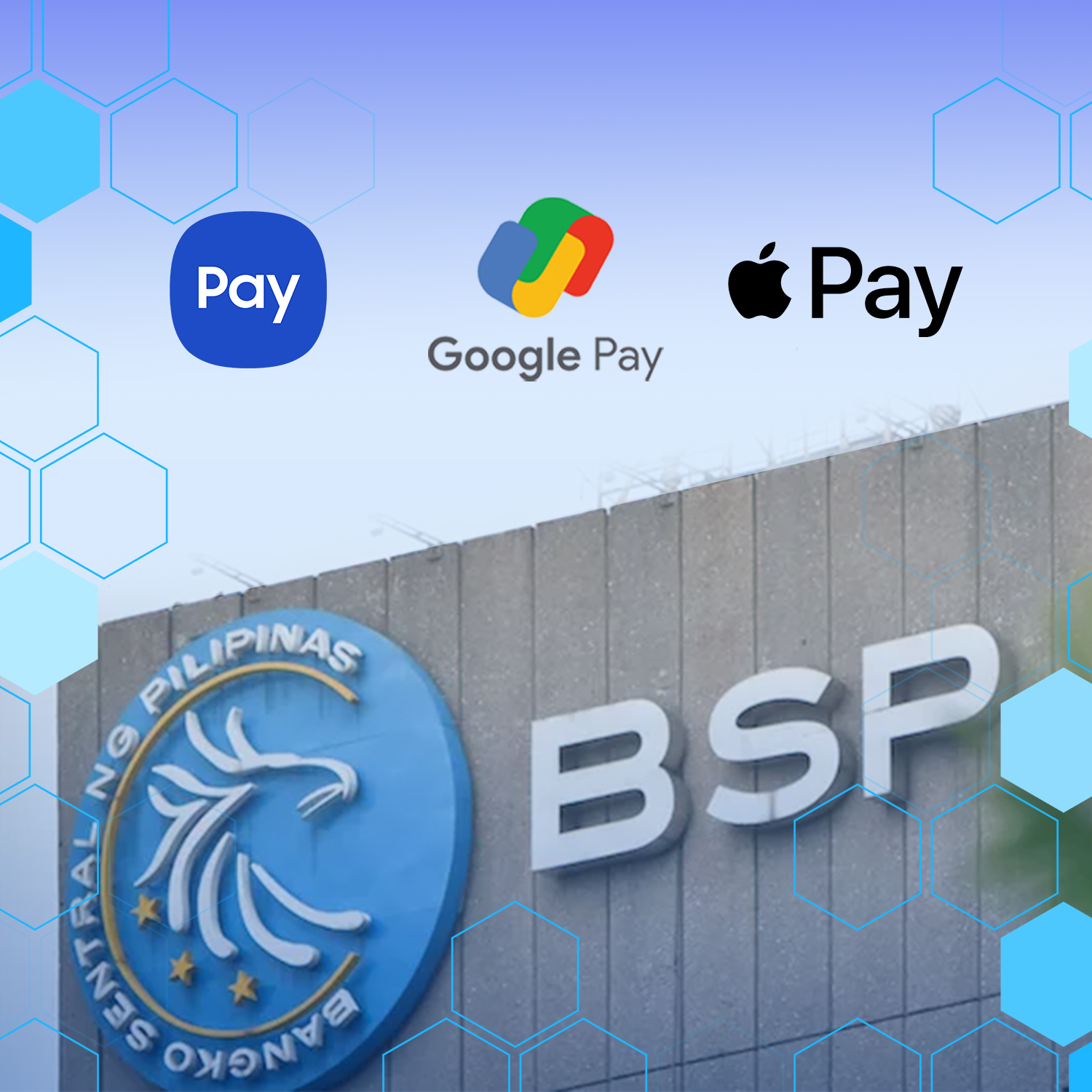
September 09, 2024
AI is Transforming Healthcare in many different ways
The prospects for both AI and robotics in healthcare are expansive. AI and robotics are increasingly a part of our healthcare eco-system, just like in our everyday lives. We have underscored eight ways that showcase how this transformation is currently making progress.
- Keeping Well. One of AI’s biggest potential benefits is to help people stay healthy so they don’t need a doctor, or at least not as often. The use of AI and the Internet of Medical Things (IoMT) in consumer
health applications is already helping people. Technology applications and apps encourage healthier behavior in individuals and help with the proactive management of a healthy lifestyle. It puts consumers in control of health and well-being. - Early Detection. AI is already being used to detect diseases, such as cancer, more accurately and in their early stages. According to the American Cancer Society, a high proportion of mammograms
yield false results, leading to 1 in 2 healthy women being told they have cancer. The use of AI is enabling review and translation of mammograms 30 times faster with 99% accuracy,
reducing the need for unnecessary biopsies. - Diagnosis. IBM’s Watson for Health is helping healthcare organizations apply cognitive technology to unlock vast amounts of health data and power diagnosis. Watson can review and store far more medical information – every medical journal, symptom, and case study of treatment and response around the world – exponentially faster than any human. Google’s DeepMind Health is working in partnership with clinicians, researchers and patients to solve real-world healthcare problems.
- Decision Making. Improving care requires the alignment of big health data with appropriate and timely decisions, and predictive analytics can support clinical decision-making and actions as well as prioritize administrative tasks. Using pattern recognition to identify patients at risk of developing a condition – or seeing it deteriorate due to lifestyle, environmental, genomic, or other factors – is another area where AI is beginning to take hold in healthcare.
- Treatment. Beyond scanning health records to help providers identify chronically ill individuals who may be at risk of an adverse episode, AI can help clinicians take a more comprehensive approach for disease management, better coordinate care plans and help patients to better manage and comply with their long-term treatment programs. Robots have been used in medicine for more than 30 years. They range from simple laboratory robots to highly complex surgical robots that can either aid a human surgeon or execute operations by themselves.
- End Of Life Care. We are living much longer than previous generations, and as we approach the end of life, we are dying in a different and slower way, from conditions like dementia, heart failure and osteoporosis. It is also a phase of life that is often plagued by loneliness. Robots have the potential to revolutionize end of life care, helping people to remain independent for longer, reducing the need for hospitalization and care homes.
- Research. The path from research lab to patient is a long and costly one. According to the California Biomedical Research Association, it takes an average of 12 years for a drug to travel from the research lab to the patient. Only five in 5,000 of the drugs that begin preclinical testing ever make it to human testing and just one of these five is ever approved for human usage. Furthermore, on average, it will cost a company US $359 million to develop a new drug from the research lab to the patient. Drug research and discovery is one of the more recent applications for AI in healthcare. By directing the latest advances in AI to streamline the drug discovery and drug repurposing processes, there is the potential to significantly cut both the time to market for new drugs and their costs.
- Training. AI allows those in training to go through naturalistic simulations in a way that simple computer-driven algorithms cannot. The advent of natural speech and the ability of an AI computer to draw instantly on a large database of scenarios, means the response to questions, decisions or advice from a trainee can challenge in a way that a human cannot. And the training program can learn from previous responses from the trainee, meaning that the challenges can be continually adjusted to meet their learning needs.











